
OR
Editorial
Ensure political stability for good governance
Published On: April 29, 2023 07:35 AM NPT By: Republica | @RepublicaNepal
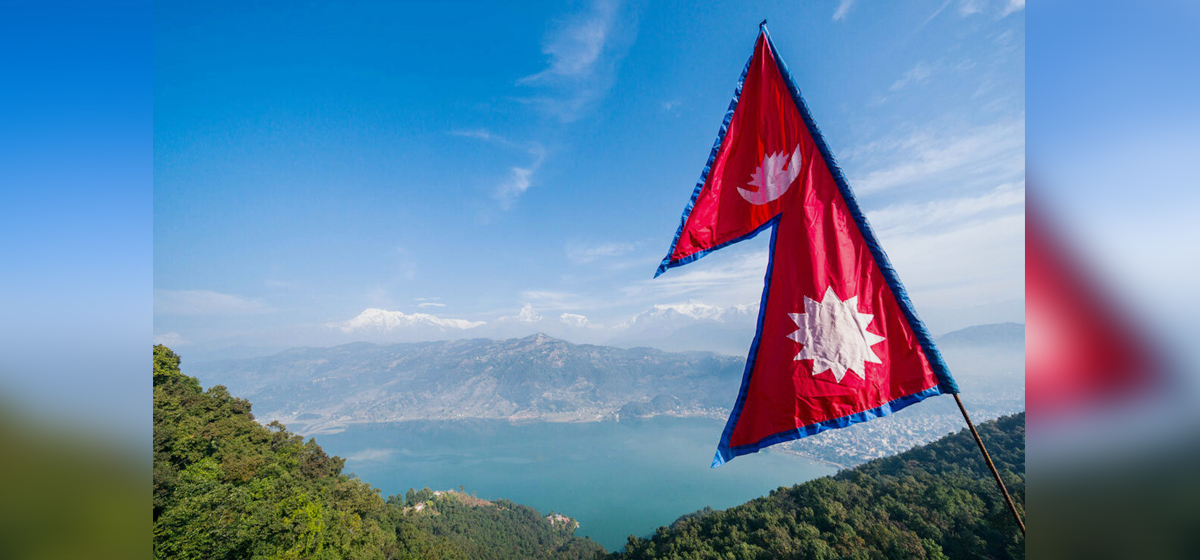
The changes in government, occurring just a few months after their formation, in two of Nepal's provinces, Gandaki and Lumbini, on Thursday do not bode well for the country. There are fears that this could be just the beginning of a fresh round of political instability, which Nepal cannot afford, especially when the nation is grappling with various challenges. Since the promulgation of the new constitution in 2015, Nepal has been in a state of political flux. The country has struggled to maintain political stability, with frequent changes of government at the federal and provincial levels. This has created a sense of uncertainty, which has negatively impacted Nepal's economic development and its image in the international community. The recent appointment of new chief ministers in Gandaki and Lumbini provinces reflects this instability. The change in power equations in these provinces came after the CPN (Maoist Center) broke its alliance with the CPN-UML and supported the Nepali Congress candidate in the presidential election at the center. This has led to the loss of all chief ministerial positions for the CPN-UML.
While political alliances are a natural part of any democratic system, the frequent changes in alliances and the resulting instability are a cause for concern. The fact that most provinces have had changes of government within a few months does not augur well for Nepal's political stability. In fact, the change in the leadership of the provincial government comes at a time when Prime Minister Pushpa Kamal Dahal has failed to give a full shape to the government even four months after its formation. This delay in cabinet expansion has impacted the country's overall development, as important decisions are being delayed, and key ministries are without ministers. Prime Minister Dahal's running the government without giving a full shape to his cabinet has resulted in delays in policy implementation, budget allocation, and other important decisions. The lack of ministers has also led to a backlog of files piling up in various ministries, which has slowed down the overall functioning of the government. Needless to say, the delay in cabinet expansion has caused frustration among people who are looking for good governance and effective public service delivery.
It is essential that Nepal's political parties prioritize the national interest and work towards creating a stable political environment. This requires a long-term vision and a willingness to put aside personal and party interests for the greater good of the country. At a time when Nepal is facing multiple challenges, such as the COVID-19 pandemic, economic slowdown, and natural disasters, political stability is critical. A stable government is better equipped to handle these challenges and implement policies that promote economic growth and development. Furthermore, Nepal's image in the international community is also impacted by its political stability. A stable government sends a positive message to foreign investors and development partners, which can lead to increased investment and aid. In conclusion, the recent changes of government in Gandaki and Lumbini provinces should not breed a fresh round of instability. Nepal's political parties must prioritize the national interest and work towards creating a stable political environment. This requires a long-term perspective and a willingness to put aside personal and party interests for the greater good of the country. Political stability is critical for Nepal's economic development, handling of challenges, and its image in the international community.
You May Like This
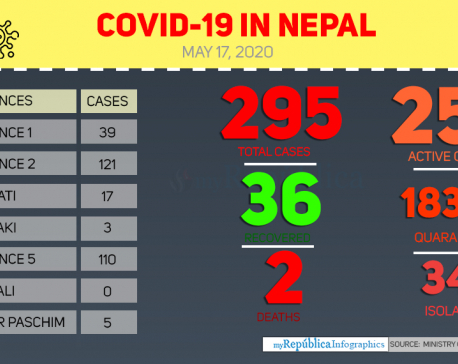
Health ministry confirms three new COVID-19 cases, number of total cases reaches 295
KATHMANDU, May 17: Nepal reported three new cases of COVID-19 on Sunday evening, taking the national tally to 295. ... Read More...
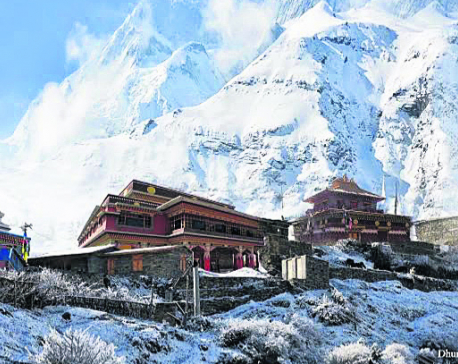
Dhurmus, Suntali to build ‘a Nepal within Nepal’
KATHMANDU, June 5: After successfully completing three settlement projects for earthquake victims and other communities, the actor couple Sitaram Kattel (Dhurmus)... Read More...

Nepal vs Kenya: Five crucial things Nepal looks for second match
KATHMANDU, March 12: Nepal is taking on Kenya on Monday in the second match of the ICC World Cricket League... Read More...
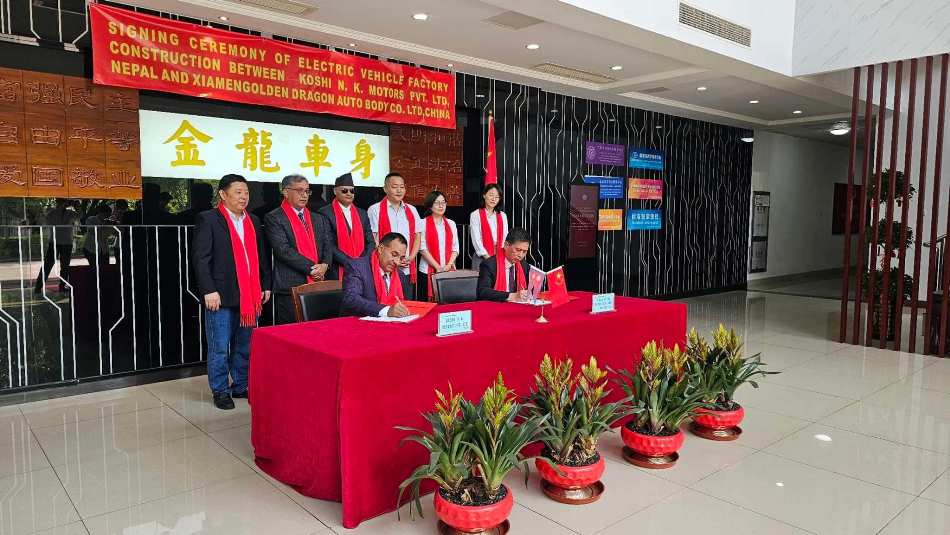
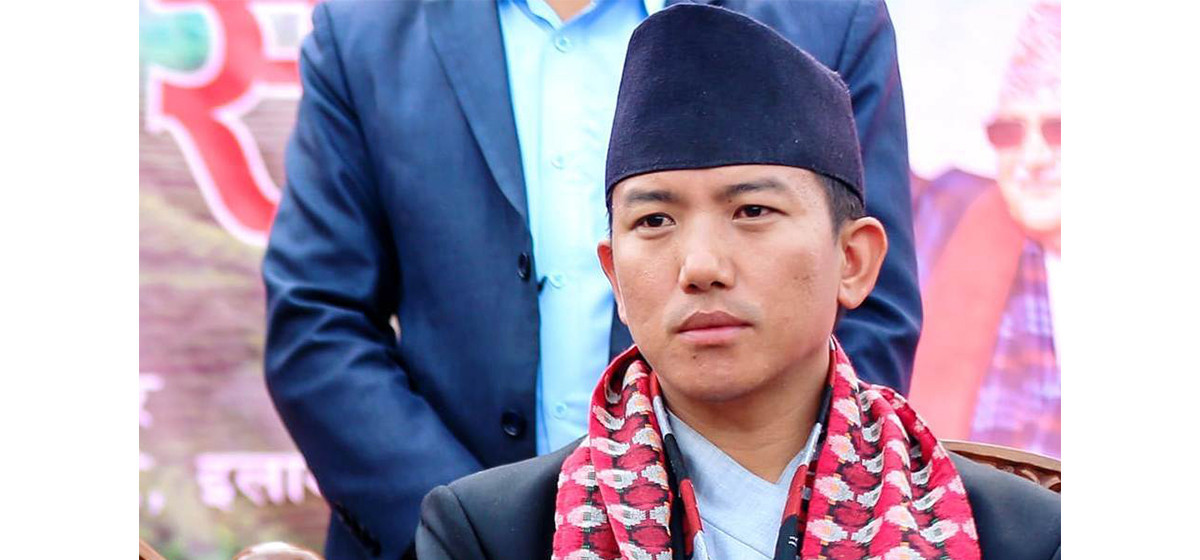

Just In
- Young man dies in road accident in Bhaktapur’s Srijana Nagar
- Notorious criminals who had fled to India arrested in Nepal
- Meetings of three parliamentary committees today
- Health Minister Yadav address 57th session of Commission on Population and Development
- Actor CP Lohani no more
- Storm predicted in Lumbini, Madhesh, Sudurpaschim and Koshi provinces
- NHRC demands govt take effective measures to reduce fire incidents
- Nepal Investment Summit 2024: Investments worth Rs 9.13 billion approved



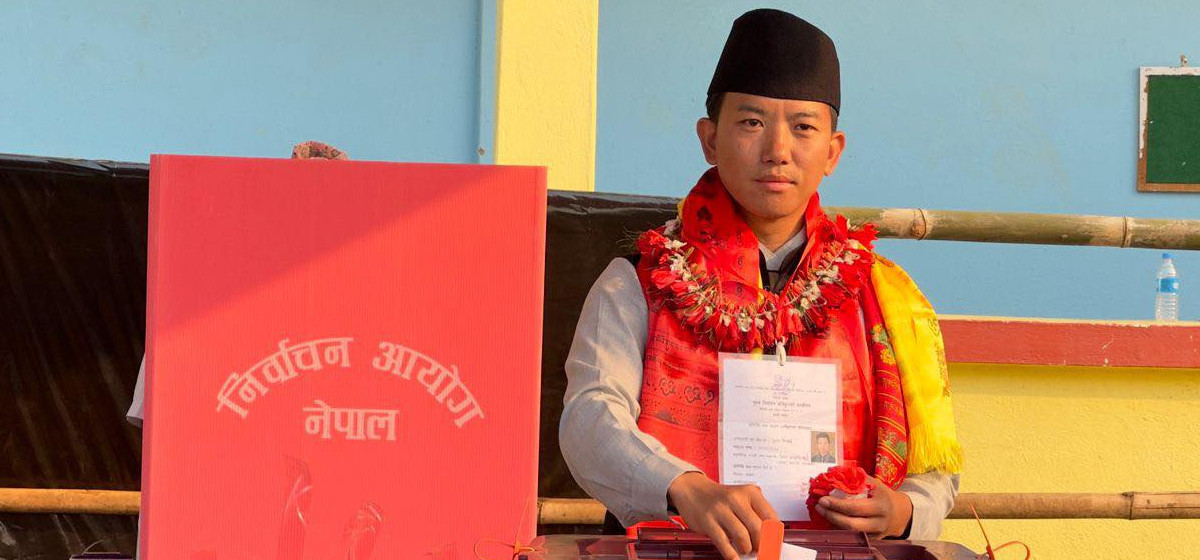

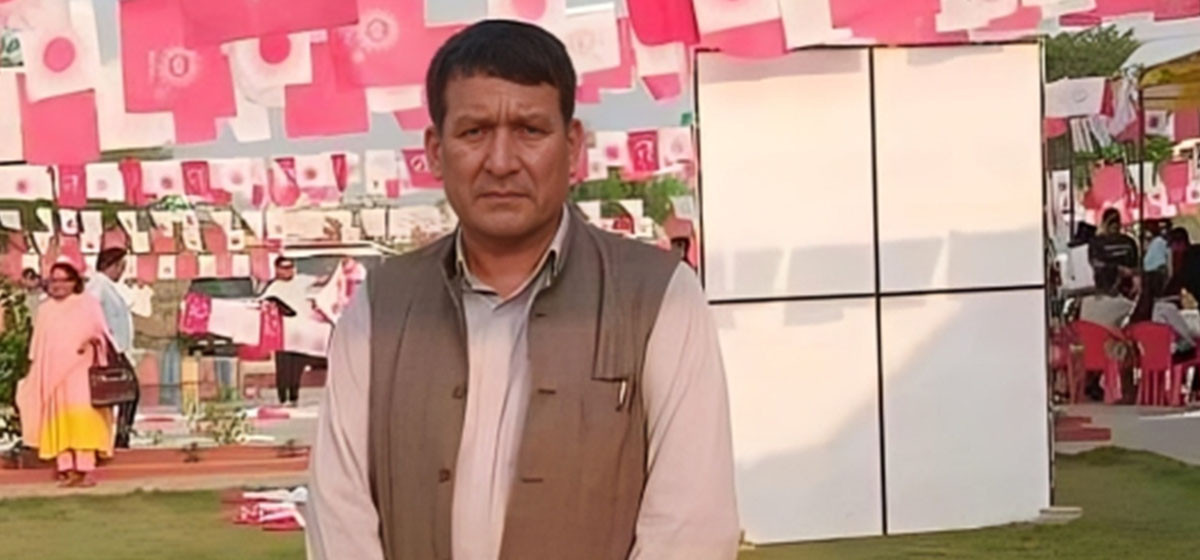
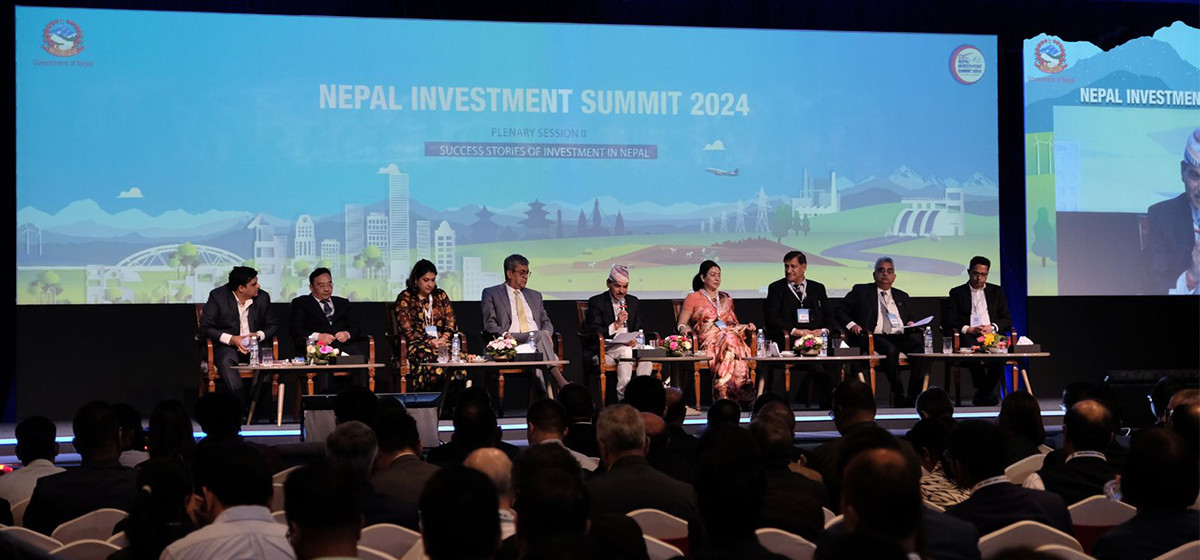

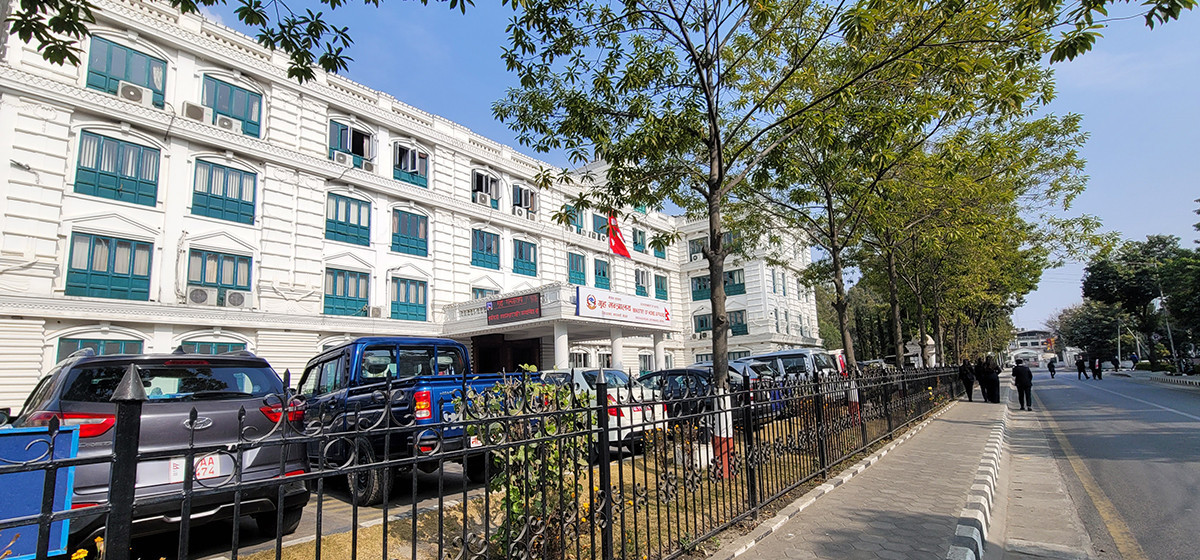

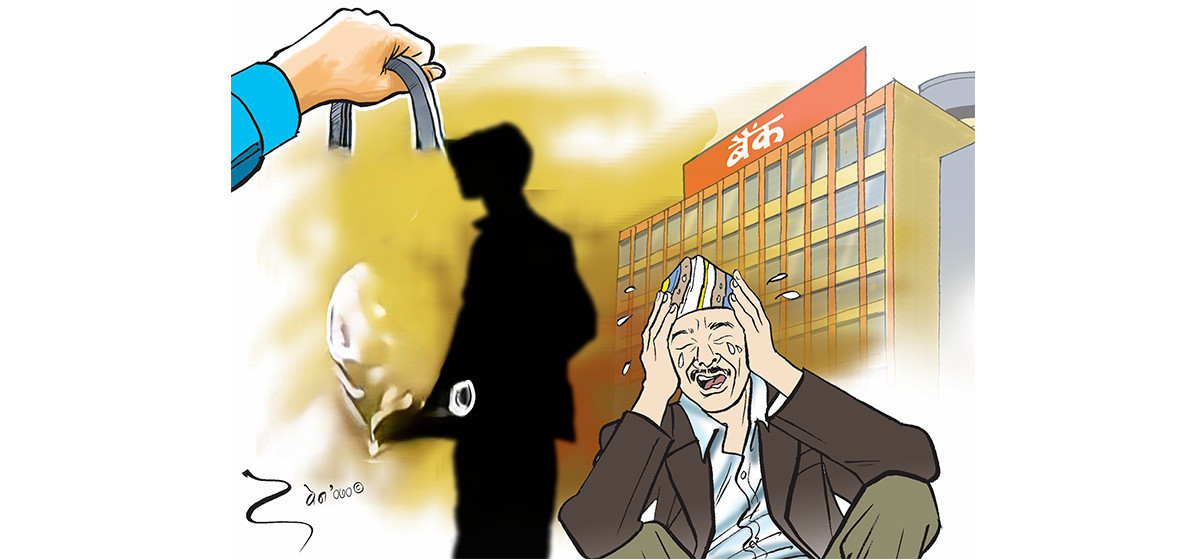
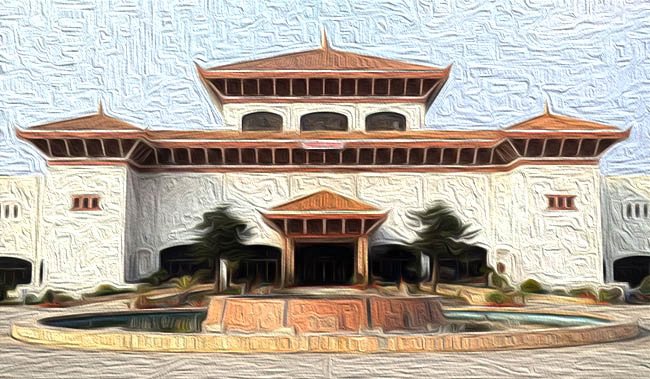
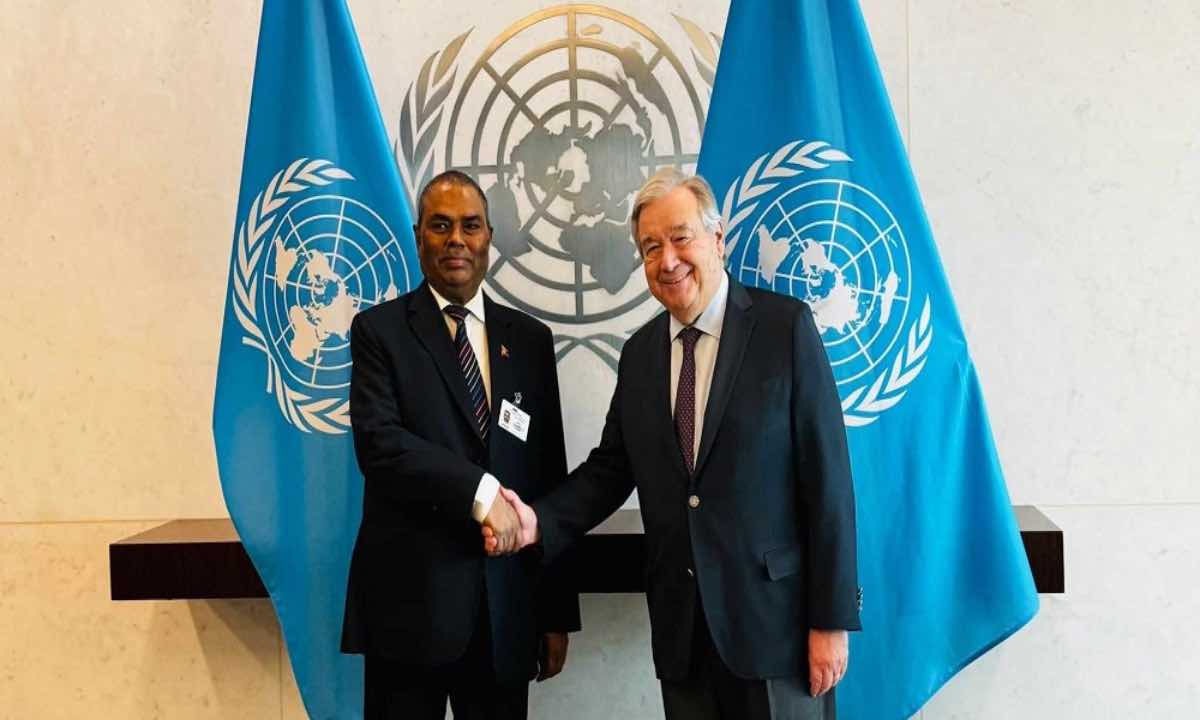


Leave A Comment